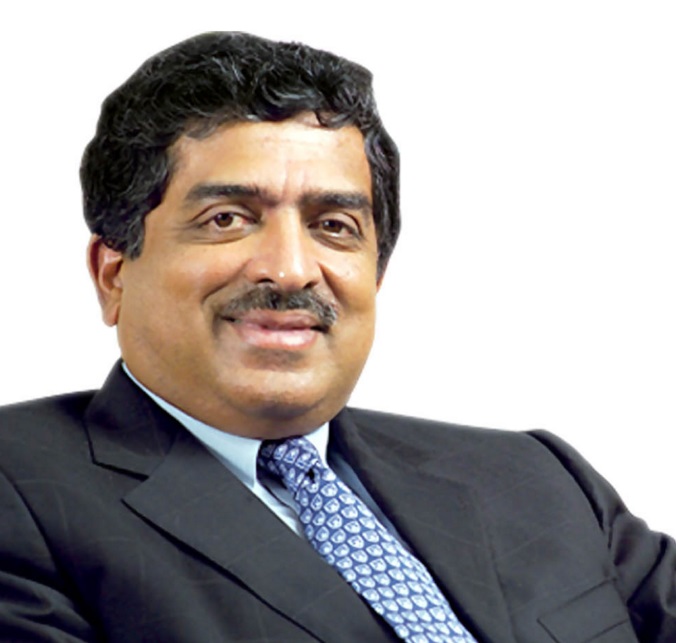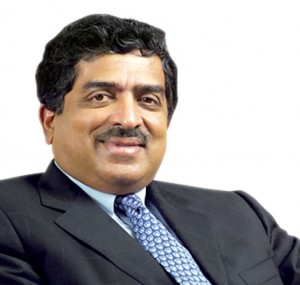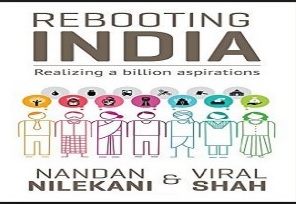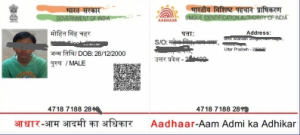
Rebooting India: Realizing a billion digital vision




Despite challenging obstacles schemes to bring technology to the forefront are bearing fruit in India.
Nandan Nilekani’s legacy to India, World’s largest Democracy, was not only as a c0-founder of Infosys – the Indian Information Technology group, but also gave every 1.3 billion Indian a biometrically verified digital identity, but when he stood for the Congress party in the 2014 elections in the Bangalore South constituency, lost heavily as the Modi wave of Bharatiya Janata Party took to power in the general election. Modi government lo0ked to dump the “Aadhar” meaning foundation the Biometric identity programme that Nilekani had launched under previous Congress government. You could get “Aadhaar” even in the villages where you could not get clean drinking water.
Rebooting India is the legacy of “Aadhaar” once described as the biggest Technology project on the planet is the digital identity for education, banking Courts or taxation. Viral Shah, co author is a software expert living in Santa Barbara, California and co-inventor of “Julia” programming language, and surfing fanatic working for a Boston based start-up when he met Nilekani and joined the project in 2009. The two digital gurus wanted to change the image of India as corrupt and bring in increasing usage of technology to increase transparency, collect accurate data for analysis. Their proposals include selecting a team of skilled individuals who can fix all major problems that ail India. The idea is simple as and when the Prime Minister Narendra Modi identifies 10 grand challenges, each of which will be tackled by a team of 10 member start up team within government.
According to the authors these officials should display a considerable amount of entrepreneurial acumen and problem solving methods and will navigate to solve the problems as the every project is mentioned in every political speech and every government document of relevance and if necessary get his bills tabled in parliament and enacted as law, secure his budgets and show full co-operation with the investigating agencies.Already 12 digit Aadhaar numbers are used by 900m people to advance some of the proposals discussed including electronic banking, LPG gas subsidies for those in need.
The authors mention the discovery of more than 1m errors in the electoral rolls for the state of Karnataka alone including voters with multiple records in different constituencies and one man aged 4,818. The Indian justice system has over 30m cases pending as of 2014, as one high-court judge estimated even if the judiciary decides to tackle all pending cases immediately it would take 320 years to clear the backlog.
“Aadhaar” uses both fingerprint and Iris data for a unique lifetime identity number and new card. The Modi Government now uses Aadhaar to send targeted subsidies for fertiliser, fuel and food which amounts to £31.74bn $46bn a year, thereby by-passing the corrupt middleman. By this also possible for villagers anywhere to receive their pension, subsidies in their bank accounts and withdraw money near their homes using “microATMs”. Modi also wanted to go further the use of the Aadhaar which would mean transparency, speed and simplicity.
Rebooting India:Realizing a Billion aspirations by Nandan Nilekani and Viral Shah
Allen Lane £20 368 pages
